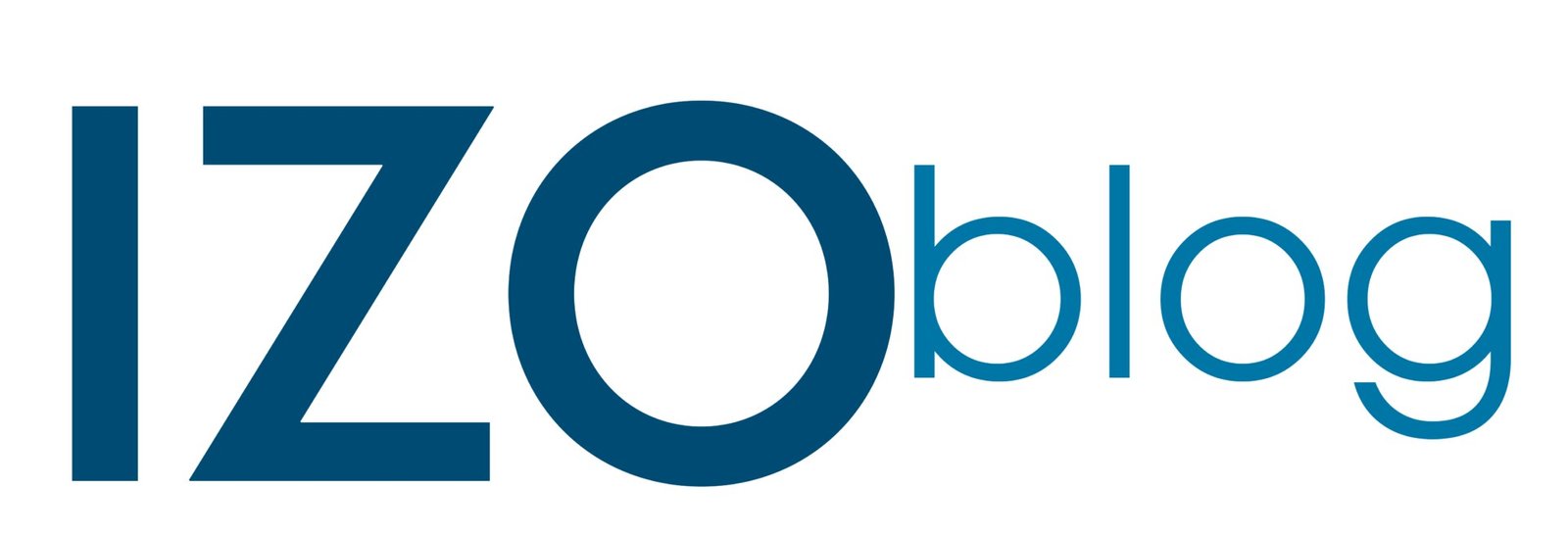Pros and Cons of Prerequisite Courses: Benefits, Challenges, and Alternatives

Introduction to Pros and Cons of Prerequisite Courses
Prerequisite courses are a standard requirement in many educational programs, especially in higher education. These are foundational courses that students must complete before enrolling in more advanced classes. The idea is to ensure that students have the necessary background knowledge and skills to succeed in subsequent, often more challenging, courses. While the rationale behind prerequisite courses seems logical, there is ongoing debate about their effectiveness, fairness, and impact on student learning and educational progress.
In this article, we’ll examine the pros and cons of prerequisite courses, analyzing their benefits and challenges for students, educators, and educational institutions. We’ll also explore how prerequisite courses fit into the broader context of academic success and student preparedness.
What Are Prerequisite Courses?
Before we discuss the pros and cons, let’s define prerequisite courses. Prerequisite courses are classes that students must take and pass before they are allowed to register for more advanced or specialized courses. For instance, a student may need to complete “Introduction to Biology” before taking an advanced course in “Microbiology.” The logic is that students may struggle with more complex material without a firm understanding of the basics.
Prerequisite courses are standard in fields like:
- Science (biology, chemistry, physics)
- Engineering and technology
- Business administration
- Medicine and health-related fields
- Arts and humanities (literature, history)
The Pros of Prerequisite Courses
1. Foundation Building
One of the most significant benefits of prerequisite courses is that they help build a solid academic foundation. By completing introductory or foundational courses, students acquire the essential knowledge they need to tackle more complex subjects. This systematic approach ensures that students are prepared for the challenges of advanced coursework, reducing the risk of failure due to a lack of basic understanding.
For example, a firm grasp of fundamental subjects like mathematics or biology is crucial in fields like engineering or medicine. Prerequisite courses lay the groundwork, ensuring students have the skills to succeed in higher-level courses.
2. Increased Confidence in Advanced Courses
When students complete prerequisite courses, they often feel more confident about their ability to handle the challenges of advanced coursework. This confidence stems from knowing they have mastered the basics, giving them a sense of preparedness. It reduces anxiety and can lead to better performance in challenging courses.
Moreover, students who are confident in their foundational knowledge are likely to participate more actively in class discussions and group work. This active engagement can enhance the learning experience for students and their peers.
3. Academic Success and Progression
Prerequisite courses are designed to promote academic success by ensuring students have the necessary background knowledge to move through their educational program logically. Without prerequisites, advanced material might overwhelm students, leading to higher failure rates and slower academic progression.
Many educational institutions design their programs with prerequisites to create a well-structured pathway toward graduation. This structure allows students to build on what they’ve learned, applying foundational knowledge to more specialized areas of study.
4. Skill Development
Beyond subject-specific knowledge, prerequisite courses often help students develop critical thinking, problem-solving, and study skills. These transferable skills can be applied in other areas of their education and professional lives.
For example, completing a prerequisite course in statistics prepares students for data-driven courses like economics or psychology. It equips them with analytical skills that can be useful in a wide range of careers.
5. Prevents Knowledge Gaps
By enforcing prerequisite courses, educational institutions help ensure that all students in an advanced course start with a relatively similar level of knowledge. This minimizes knowledge gaps between students, which can otherwise slow down the class’s progress. Without prerequisite courses, professors may spend significant class time reviewing fundamental concepts, detracting from the time spent on more advanced topics.
This is particularly important in fields like STEM (Science, Technology, Engineering, and Mathematics), where knowledge gaps can significantly hinder progress in more advanced areas of study.
6. Preparation for Career
Many prerequisite courses also offer real-world applications that prepare students for their careers. For example, students pursuing a degree in medicine may need to take classes in anatomy and physiology before they can handle patient care or medical procedures. In this way, prerequisite courses don’t just prepare students for future classes but also for their professional lives.
The Cons of Prerequisite Courses
1. Extended Time to Graduate
One of the most common criticisms of prerequisite courses is that they can extend the time it takes for students to graduate. Since students must complete these courses before enrolling in advanced classes, they may need extra semesters or even years to fulfill requirements that they perceive unnecessary.
For instance, students who change their major late in their academic career may be burdened with many prerequisite courses they hadn’t accounted for. This can delay graduation, increase student debt, and lead to frustration.
2. Financial Burden
Prerequisite courses can extend the time to graduation and increase the financial burden on students. Many students already struggle with the high cost of tuition, textbooks, and other fees. Adding more courses to their schedule means paying for additional classes, which can significantly increase their overall education expenses.
Moreover, some students may feel they are paying for courses they don’t need, especially if they have prior experience or knowledge in the subject matter. This can lead to resentment and a sense that their money is being wasted.
3. Repetitive Learning
In some cases, students may find that prerequisite courses must be more varied. For example, students who have already taken advanced high school courses or have prior work experience may feel that prerequisite courses cover material they already know. This can lead to boredom, disengagement, and a lack of motivation to complete the course.
Furthermore, prerequisite courses are often generalized, meaning they may align differently with the student’s prior learning. This can result in students feeling like they are wasting time relearning concepts they have already mastered.
4. Inflexibility in Curriculum
Prerequisite courses can create a rigid and inflexible academic structure, leaving little room for students to explore other areas of interest. In some cases, students may have to delay taking elective courses or courses in their major because they are tied up completing prerequisites.
This inflexibility can be particularly frustrating for students who are passionate about a specific study area but are held back by prerequisite requirements. It can also limit students’ ability to take interdisciplinary courses or pursue a minor in a different field.
5. Barrier to Entry for Some Students
Prerequisite courses can be a barrier to entry for some students, particularly non-traditional students or those returning to school after a long absence. These students may have the necessary skills and knowledge but need more formal academic experience in certain areas. As a result, they may be required to take prerequisite courses that don’t align with their existing expertise.
This can create an unnecessary hurdle, discouraging students from pursuing advanced education or causing them to feel that the system could be more flexible and bureaucratic.
6. Inconsistent Standards Across Institutions
Another area for improvement with prerequisite courses is that the standards and content of these courses can vary widely between institutions. What is considered an essential prerequisite at one school may not be required at another. This inconsistency can confuse students who transfer between schools or those comparing programs.
Students may sometimes be required to retake prerequisite courses when they transfer, even if they have already completed similar courses elsewhere. This can be frustrating and time-consuming, leading to delays in academic progress.
Alternatives to Prerequisite Courses
Given the potential drawbacks of prerequisite courses, some educational institutions have explored alternatives that offer more flexibility while ensuring students are adequately prepared for advanced coursework. These alternatives include:
- Placement Exams: Instead of requiring all students to take prerequisite courses, some institutions offer placement exams to assess whether students have the necessary knowledge to skip specific courses. This approach allows students with prior experience or expertise to bypass prerequisites and move directly into advanced coursework.
- Prior Learning Assessments (PLA): Some schools offer PLA programs where students can earn credit for previous work experience, military training, or independent study. This allows students to demonstrate competence in a subject without taking a formal prerequisite course.
- Accelerated or Condensed Courses: Some institutions offer accelerated or condensed versions of prerequisite courses to reduce the time and financial burden of these courses. These courses cover the same material in a shorter timeframe, allowing students to move through their program more quickly.
- Flexible Curriculum Pathways: Some universities are experimenting with more flexible curriculum pathways that allow students to customize their educational journey. Instead of rigid prerequisite requirements, students work with advisors to determine the most appropriate courses for their academic and career goals.
Conclusion
Prerequisite courses play a vital role in the academic structure of many educational programs, providing students with the foundational knowledge and skills they need to succeed in advanced coursework. While they offer several benefits, including improved academic performance and preparation for career success, they also come with significant drawbacks, such as extending the time to graduation and increasing financial burdens.
As educational institutions continue to evolve, there is a growing interest in finding more flexible and personalized approaches to learning. Whether through placement exams, prior learning assessments, or more customized curriculum pathways, the future of education may offer alternatives to traditional prerequisite courses that better meet the needs of diverse learners.
Whether prerequisite courses are a pro or con depends mainly on the individual student and their unique educational journey. By understanding the advantages and disadvantages, students can make more informed decisions about their academic path and work toward their ultimate educational and career goals.
Frequently Asked Questions (FAQs)
Are prerequisite courses mandatory for all degree programs?
No, not all degree programs require prerequisite courses. The need for prerequisites depends on the field of study, institution, and course level. Some programs may offer flexibility through placement tests or prior learning assessments.
Can I skip a prerequisite course if I have experience in the subject?
In some cases, yes. Many institutions allow students to bypass prerequisite courses by taking placement exams or providing proof of prior knowledge through work experience, advanced placement (AP) credits, or transfer credits from another institution.
How do prerequisite courses affect my graduation timeline?
Prerequisite courses can extend the time to graduate, mainly if you must complete several before moving on to advanced classes. However, planning your course schedule early and considering accelerated options can help minimize delays.
Do all colleges have the exact prerequisite course requirements?
No, prerequisite course requirements differ between institutions. A course considered a prerequisite at one college may not be required at another. This can impact transfer students, who may need additional courses to meet new requirements.
What are the benefits of completing prerequisite courses?
Completing prerequisite courses helps build a strong foundation of knowledge, ensuring you’re prepared for more advanced coursework. It can also boost your confidence, enhance critical thinking skills, and reduce the risk of failing higher-level courses.
Are there alternatives to traditional prerequisite courses?
Some institutions offer alternatives like placement exams, prior learning assessments, or accelerated courses. These options allow students to prove their knowledge and move through their program more quickly without traditional prerequisites.





